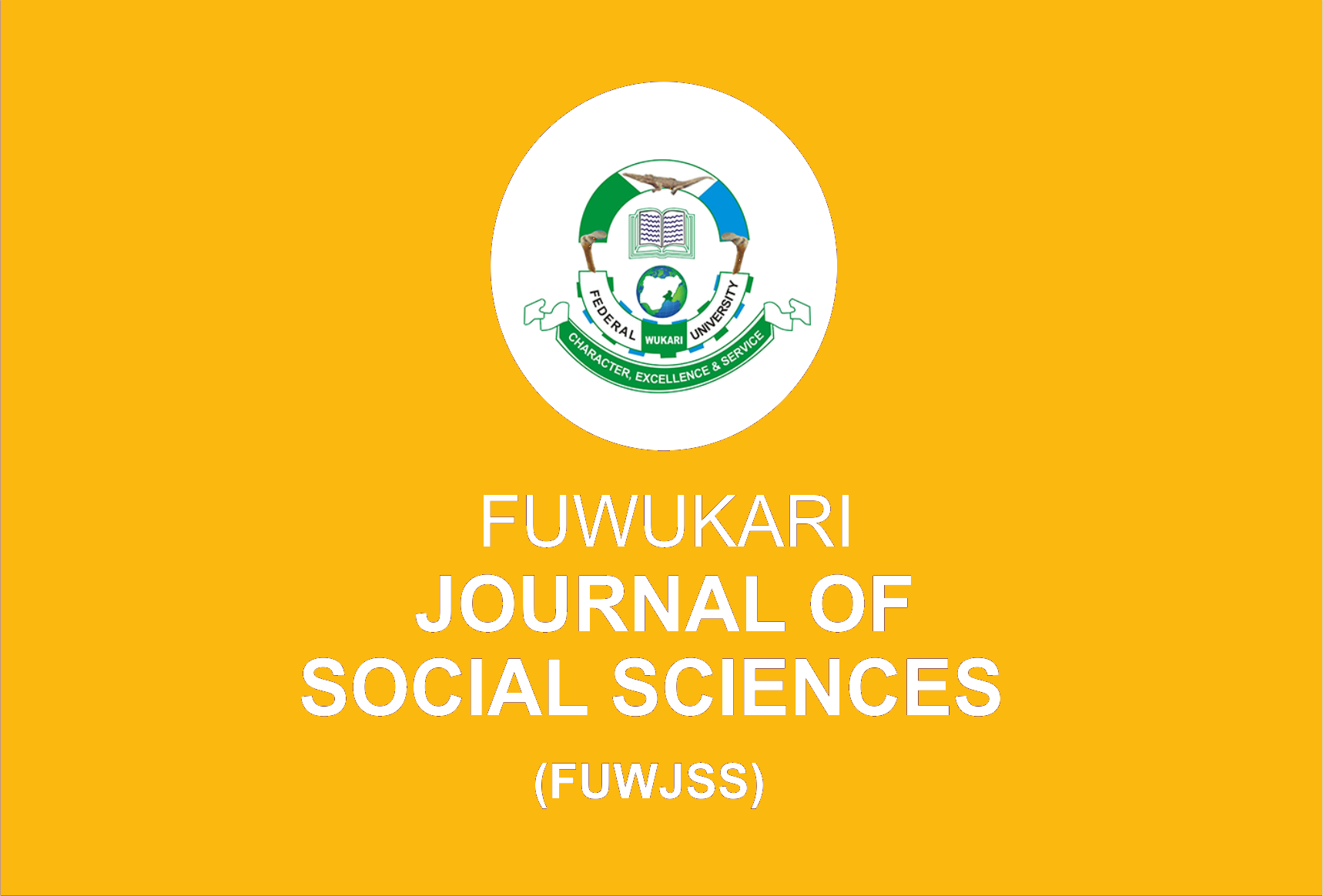Sectoral Impact And Policy Responses To Covid-19 Pandemic In Nigeria
Samuila Tibwa Abwage, Zechariah Wanujeh, Ali Johnson Jatau
Keywords: Economic, cash transfer, COVID-19 pandemic, policy responses
Abstract
The COVID-19 pandemic has triggered far-reaching economic consequences in Nigeria, with significant disruptions across various sectors. This paper examines the sectoral impacts of the pandemic on Nigeria’s economy and evaluates the policy responses implemented by the government to mitigate the economic fallout. Anchored in Keynesian Economic Theory, the study highlights the role of government intervention, particularly fiscal measures, in addressing the crisis. Data for the study was sourced through documentary analysis and content reviews. Findings reveal that the pandemic severely affected critical sectors, including oil, agriculture, manufacturing, and services, each experiencing unique challenges. The study underscores the urgent need for economic diversification, advocating for a strategic focus on sectors such as agriculture, manufacturing, and technology to enhance future resilience. In light of these challenges, the paper recommends the strengthening of fiscal policies, including more inclusive stimulus packages, targeted cash transfers, and tax relief programmes. These measures are essential for supporting the most vulnerable sectors and individuals, fostering a quicker recovery, and ensuring long-term economic stability in Nigeria.
Author Biography
Samuila Tibwa Abwage
Department of Political Science, Federal University Wukari, Taraba State, Nigeria
Email: [email protected]
Zechariah Wanujeh
Department of Economics, Federal University Wukari, Taraba State, Nigeria.
Email: [email protected]
Ali Johnson Jatau
Email: [email protected]

